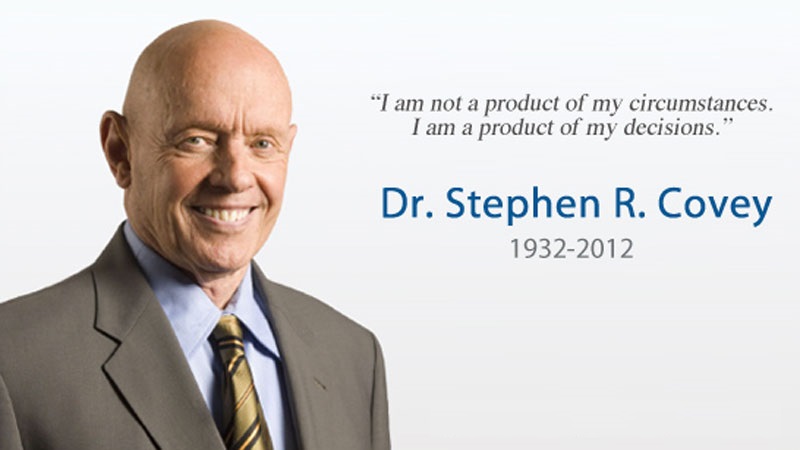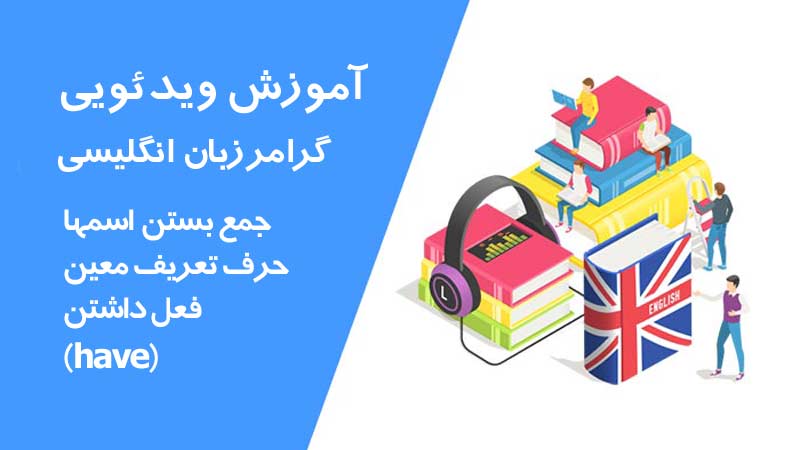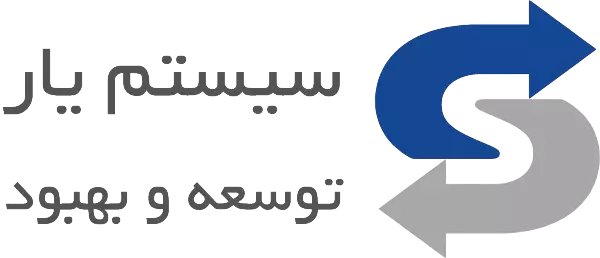

اکثر اسمها در زبان انگلیسی با افزودن s به شکل مفردشان جمع بسته می شوند:
|
Plural |
Singular |
|
two books |
one book |
|
two students |
one student |
|
two doors |
one door |
در مورد اسمهایی که به حروف s و z و ch و sh و x ختم می شوند برای تلفظ بهتر کلمه، در هنگام جمع بستن از es استفاده می شود.
|
Plural |
Singular |
|
two churches |
one church |
|
two buses |
one bus |
|
two boxes |
one box |
برای تعداد کمی از اسم ها در زبان انگلیسی قواعد فوق صدق نمی کند و به شکل زیر جمع بسته می شوند:
|
Plural |
Singular |
|
men |
man |
|
women |
woman |
|
policemen |
policeman |
|
gentlemen |
gentleman |
|
mailmen |
mailman |
|
salesmen |
salesman |
|
saleswomen |
saleswoman |
|
freshmen |
freshman |
|
businessmen |
businessman |
|
children |
child |
|
feet |
foot |
|
teeth |
tooth |
|
geese |
goose |
|
knives |
knife |
|
wives |
wife |
|
lives |
life |
|
wolves |
wolf |
|
calves |
calf |
|
selves |
self |
|
shelves |
shelf |
|
loaves |
loaf |
|
leaves |
leaf |
|
halves |
half |
|
thieves |
thief |
|
data |
datum |
|
media |
medium |
|
bacteria |
bacterium |
|
phenomena |
phenomenon |
|
curricula |
curriculum |
|
millennia |
millennium |
|
alumni |
alumnus |
|
mice |
mouse |
|
sheep |
sheep |
|
fish |
fish |
|
deer |
deer |
|
oxen |
ox |
|
bases |
basis |
|
crises |
crisis |
|
analyses |
analysis |
|
theses |
thesis |
|
indices |
index |
|
appendices |
appendix |
|
axes |
axis |
|
aircraft |
aircraft |
در صورتی که یک اسم قبلاً برای شنونده تعریف نشده باشد، قبل از آن حرف تعریف نامعین a و an قرار می گیرد. (حرف تعریف an قبل از کلماتی که با حروف صدادار a و e و i و o و u شروع می شوند قرار می گیرد.)
|
an old friend |
an (hour) |
an egg |
a door |
a girl |
a book |
فعل to have در زبان انگلیسی به معنی «داشتن» است که در زمان حال ساده با فاعل های مختلف به شکل زیر به کار می رود:
|
|
فعل to have |
فاعل/ضمیر فاعلی |
|
|
a car. |
have |
I |
اول شخص مفرد |
|
an automobile. |
have |
You |
دوم شخص مفرد |
|
a bicycle. |
has |
He |
سوم شخص مفرد |
|
an apartment. |
has |
She |
|
|
a tail. |
has |
It |
|
|
a house. |
have |
We |
اول شخص جمع |
|
a factory. |
have |
You |
دوم شخص جمع |
|
a lot of money. |
have |
They |
سوم شخص جمع |
نکته:
گاهی اوقات بعد از فعل have در معنای «داشتن»، یک کلمه got اضافه می شود که فقط تا حدی جمله را تأکیدی می کند و نقش دیگری در جمله ندارد.
|
من دوستان زیادی در این شهر دارم. |
I have (got) many friends in this town. |
|
مدیر عامل وقتی برای جلسه ندارد. |
The CEO has (got) no time for a meeting. |
|
من پول زیادی ندارم. |
I haven’t (got) much money. |
برای سؤالی کردن فعل to have در معنای «داشتن» دو رویکرد وجود دارد. در انگلیسی بریتانیایی، فعل have در معنای داشتن را یک فعل کمکی (Auxiliary Verb) در نظر می گیرند و بنابراین مانند سایر افعال کمکی، هنگام سؤالی کردن جای فاعل/ضمیر فاعلی با فعل have با هم جا به جا می گردد:
|
a car? |
I |
Have |
a car. |
have |
I |
|
|
an automobile? |
you |
Have |
an automobile. |
have |
You |
|
|
a bicycle? |
he |
Has |
a bicycle. |
has |
He |
|
|
an apartment? |
she |
Has |
an apartment. |
has |
She |
|
|
a tail? |
it |
Has |
a tail. |
has |
It |
|
|
a house? |
we |
Have |
a house. |
have |
We |
|
|
a factory? |
you |
Have |
a factory. |
have |
You |
|
|
a lot of money? |
they |
Have |
a lot of money. |
have |
They |
لیکن در انگلیسی امریکایی (American English)، فعل have در معنای داشتن را یک فعل اصلی (Main Verb) در نظر می گیرند و بنابراین مانند سایر افعال اصلی، هنگام سؤالی کردن از فعل کمکی do و does استفاده می شود.
|
a car? |
have |
Do I |
a car. |
have |
I |
|
|
an automobile? |
have |
Do you |
an automobile. |
have |
You |
|
|
a bicycle? |
have |
Does he |
a bicycle. |
has |
He |
|
|
an apartment? |
have |
Does she |
an apartment. |
has |
She |
|
|
a tail? |
have |
Does it |
a tail. |
has |
It |
|
|
a house? |
have |
Do we |
a house. |
have |
We |
|
|
a factory? |
have |
Do you |
a factory. |
have |
You |
|
|
a lot of money? |
have |
Do they |
a lot of money. |
have |
They |
توجه نمایید که در هنگام استفاده از does در سوم شخص مفرد، فعل has به حال ساده have بر می گردد.
برای منفی کردن فعل to have در معنای «داشتن» دو رویکرد وجود دارد. در انگلیسی بریتانیایی، فعل have در معنای داشتن را یک فعل کمکی (Auxiliary Verb) در نظر می گیرند و بنابراین مانند سایر افعال کمکی، هنگام منفی کردن کافی است قید not بعد از فعل کمکی قرار گیرد:
|
a bad tooth. |
have not |
I |
a bad tooth. |
have |
I |
|
|
a beautiful house. |
have not |
You |
a beautiful house. |
have |
You |
|
|
a wonderful story. |
has not |
He |
a wonderful story. |
has |
He |
|
|
blue eyes. |
has not |
She |
blue eyes. |
has |
She |
|
|
long fur. |
has not |
It |
long fur. |
has |
It |
|
|
good instructors. |
have not |
We |
good instructors. |
have |
We |
|
|
easy jobs. |
have not |
You |
easy jobs. |
have |
You |
|
|
good businesses. |
have not |
They |
good businesses. |
have |
They |
در انگلیسی امریکایی، فعل have در معنای «داشتن» را یک فعل اصلی (Main Verb) در نظر می گیرند و بنابراین مانند سایر افعال اصلی، هنگام منفی کردن از فعل کمکی do و does به همراه قید not استفاده می شود.
|
a lot of friends. |
don’t have |
I |
a lot of friends. |
have |
I |
|
|
a notebook. |
don’t have |
You |
a notebook. |
have |
You |
|
|
two phones. |
doesn’t have |
He |
two phones. |
has |
He |
|
|
a nice accent. |
doesn’t have |
She |
a nice accent. |
has |
She |
|
|
a lot of noise. |
doesn’t have |
It |
a lot of noise. |
has |
It |
|
|
company tonight. |
don’t have |
We |
company tonight. |
have |
We |
|
|
many problems. |
don’t have |
You |
many problems. |
have |
You |
|
|
very little time. |
don’t have |
They |
very little time. |
have |
They |
نکته مهم:
فعل have معنی خوردن و نوشیدن نیز می دهد که در این حالت همیشه به عنوان فعل اصلی در نظر گرفته می شود. یعنی برای سؤالی کردن و یا منفی کردن آن در معنی خوردن و نوشیدن، از فعل کمکی do و does استفاده می کنیم.
|
Do you have breakfast at 7:00 o’clock? I don’t have breakfast at 7:00 o’clock. |
I have breakfast at 7:00 o’clock. |
|
Does my dad have coffee in the evening? My dad doesn’t have coffee in the evening. |
My dad has coffee in the evening. |
فعل have to به معنی «مجبور بودن» می باشد و معمولاً به عنوان یک فعل اصلی درنظر گرفته می شود. توجه کنید که پس از فعل have در معنی «مجبور بودن» نیز گاهی یک کلمه got اضافه می شود که معنی خاصی ندارد و فقط بیان را تأکیدی می کند.
|
Do you have to prepare the report soon? I don’t have to prepare the report soon. |
I have(got) to prepare the report soon. |
|
Does my son have to attend online classes? My son doesn’t have to attend online classes. |
My son has(got) to attend online classes. |

کارشناس ارشد مدیریت بازرگانی
مسلط به زبان انگلیسی و IT
سابقه مدیریت در شرکتهای خصوصی و دولتی
